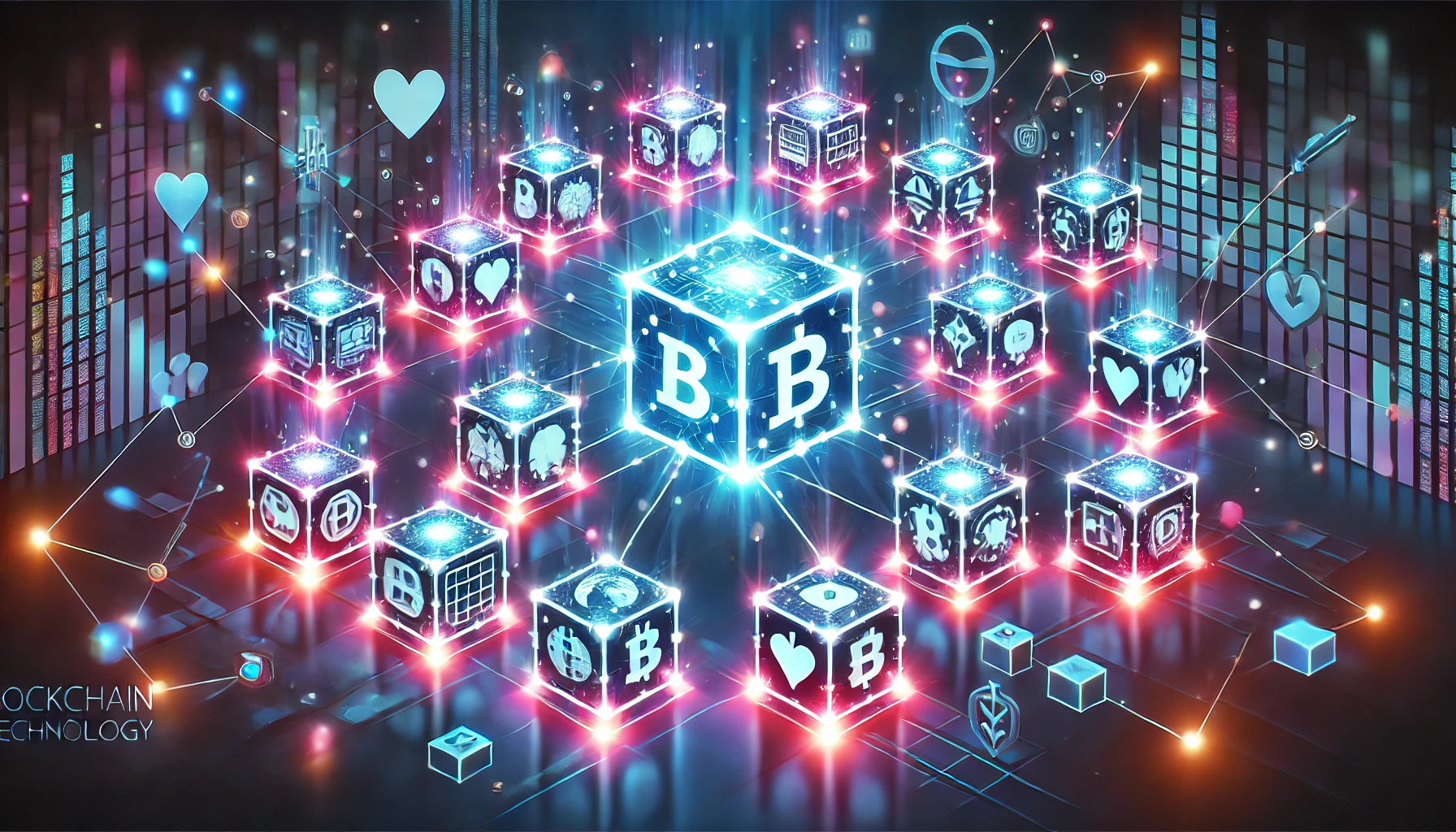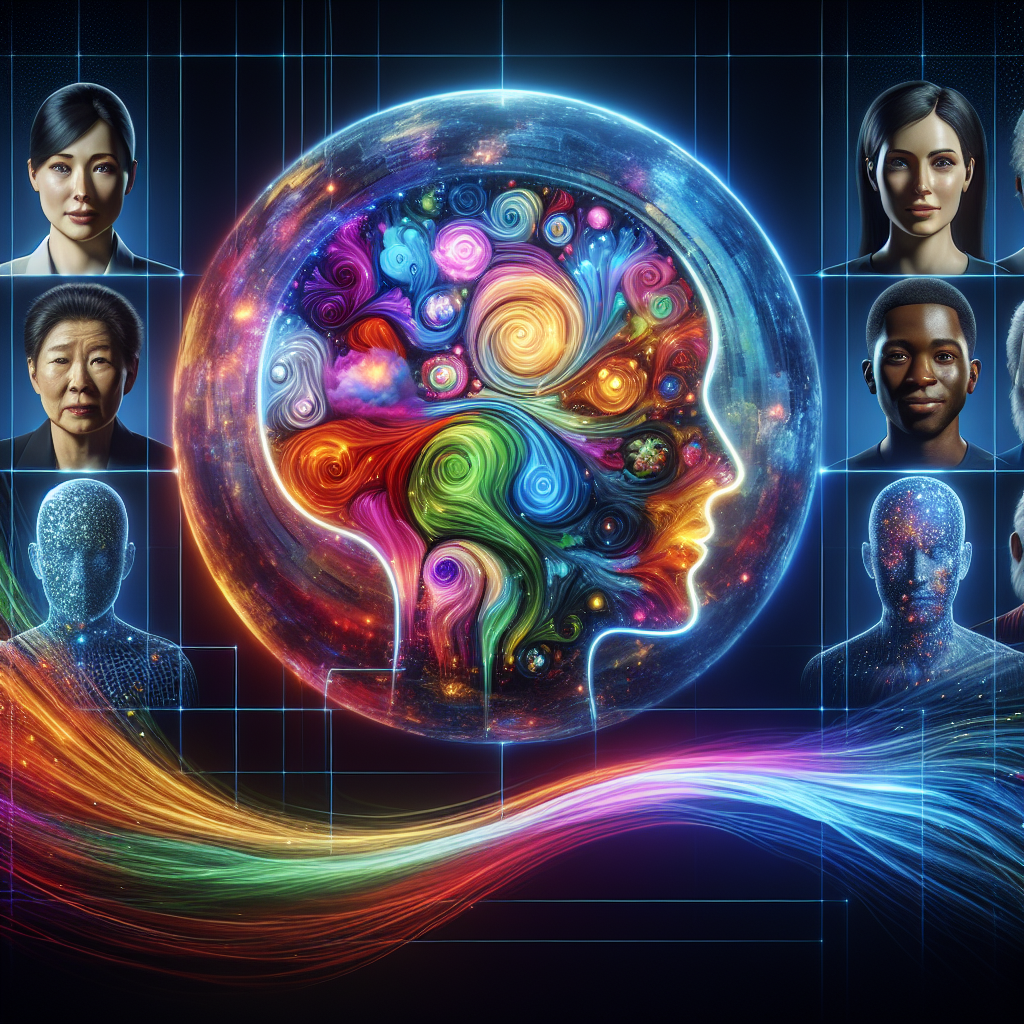6 Ways Blockchain Technology is Revolutionizing Everyday Life. Blockchain technology, once synonymous with cryptocurrencies like Bitcoin, has grown far beyond digital money. Today, blockchain is reshaping industries and everyday life in surprising ways. From financial systems to healthcare, this decentralized technology is transforming how we interact, transact, and trust.
What is Blockchain?
At its core, blockchain is a decentralized and secure digital ledger that records transactions across multiple systems. Each record, or block, is linked to the previous one, forming a chain that’s resistant to tampering. This transparency and security make blockchain a game-changer for countless applications.
If you’re interested in the potential future of blockchain in replacing traditional systems, explore whether blockchain could replace cash in the coming years.
6 Everyday Applications of Blockchain
1. Financial Services
Blockchain simplifies and secures financial transactions by removing intermediaries like banks. With cryptocurrencies, users can send money globally at lower fees and faster speeds. Additionally, smart contracts enable automated payments, reducing human error and enhancing trust.
2. Healthcare
Blockchain can revolutionize healthcare by securely storing patient data and improving its interoperability across providers. Patients gain more control over their health records while minimizing the risk of breaches. For instance, vaccination records can be easily verified and shared using blockchain.
3. Supply Chain Management
Blockchain provides unparalleled transparency and traceability in supply chains. From tracking the origin of food to verifying the authenticity of luxury goods, this technology ensures accountability at every step, reducing fraud and inefficiency.
4. Digital Identity
Imagine a world where you don’t need to remember countless passwords or rely on centralized systems to verify your identity. Blockchain enables secure digital identities, giving users greater control and reducing identity theft risks.
5. Voting Systems
Blockchain could make elections more secure and transparent by creating immutable records of votes. This reduces the risks of fraud and improves public trust in democratic processes, paving the way for secure online voting.
6. Content Ownership and NFTs
Blockchain empowers creators by ensuring ownership and royalties through NFTs (non-fungible tokens). Artists, writers, and musicians can sell their work directly to fans, bypassing intermediaries and retaining more control over their creations.
Challenges in Adoption
Despite its promise, blockchain faces hurdles such as scalability, energy consumption, and regulatory uncertainties. Many networks require significant computational power, leading to environmental concerns. Additionally, widespread adoption depends on creating user-friendly interfaces and resolving legal ambiguities.
Why Blockchain Matters
Blockchain is more than just a technology; it’s a paradigm shift in how we build trust and transparency. By decentralizing control and ensuring security, blockchain is redefining traditional systems, making them more equitable and efficient.
Future Implications
The future of blockchain is brimming with potential. As the technology matures, we may see decentralized finance (DeFi) platforms rivaling traditional banks, fully transparent elections, and blockchain-integrated smart cities. Its applications are limited only by our imagination and willingness to innovate.
Conclusion – 6 Ways Blockchain Technology is Revolutionizing Everyday Life
Blockchain technology is transforming everyday life, from how we handle money to how we verify identities and secure data. While challenges remain, its potential to create a more secure, transparent, and efficient world is undeniable. To explore how blockchain could influence digital habits, consider reading this post on the hidden costs of free apps, highlighting how decentralized systems could protect privacy.





Leave a Reply